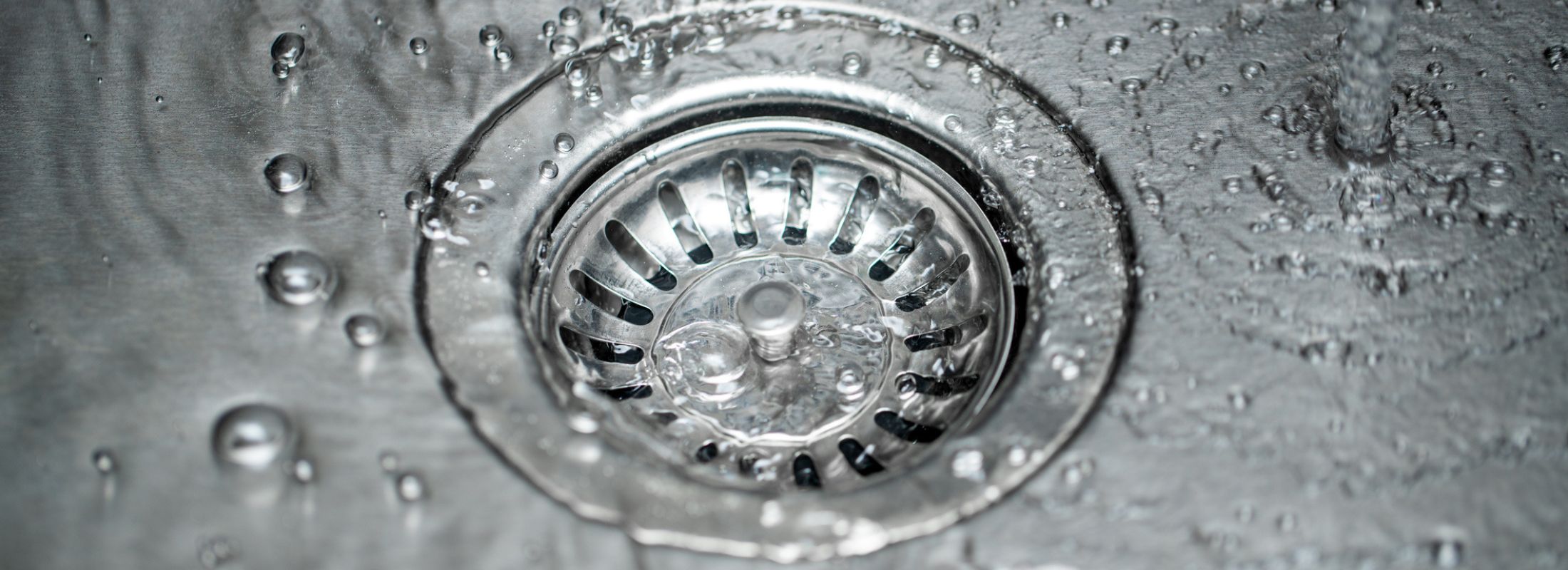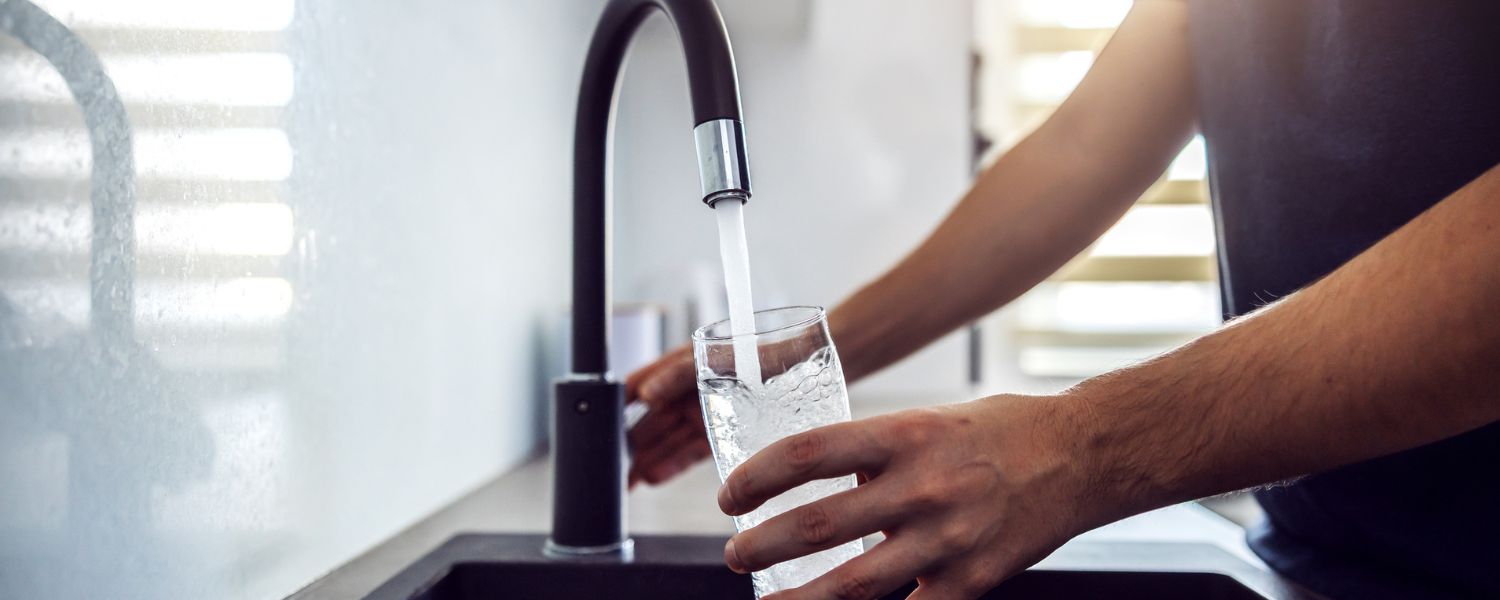At Bill Howe, our San Diego plumbers know that plumbing pipes have distinct features and qualities that set them apart. Therefore, they do not perform the same. A San Diego plumber from Bill Howe is trained and qualified to help you understand the condition and performance of any kind of pipe, should you ever have any questions or need assistance.
Plastic
There are two kinds of plastic pipes, black acrylonitrile-butadiene-styrene (ABS) and white or cream polyvinyl-chloride (PVC). Both are for residential uses with ABS serving drains and PVC serving water and irrigation. PVC is durable and longer lasting. Plus, the pipes are labeled with the ratings and diameters for easy sightings.
Cast Iron
Cast iron is more associated with older structures. They are durable but can rust with age. Therefore, many times these pipes require replacement. If you do not want to incur the costly expense of digging to repair cast iron pipe issues, these types of pipes are often good candidates for epoxy lining.
Steel
Steel or galvanized pipes are strong and usually used as gas piping. They can have a tendency to rust easily. After about 50 years it is highly recommended that this type of pipe be replaced.
Copper
Copper pipes cost more than plastic because they do not corrode and are durable. The associated types are rigid copper, which is suited for outdoors, and flexible copper, which is used indoors.
PEX
PEX pipe is new, flexible and cuts easily for quick installation. However, these pipes typically cost more than copper and plastic because of the special crimping compression fittings.
Polybutelene (qest)
If you happen to have polybutelene, also known as qest piping, the Bill Howe team is equipped with the proper tools and knowledge to repair leaks in this type of piping. Our San Diego plumbers can also help to provide you the best options should you want to repipe to copper or PEX to eliminate some of the issues that arise with qest piping.
If you suspect that you are experiencing issues with your pipes, such as leaks or clogs, our experienced team of San Diego plumbers can help. With more than 30 years experience serving the local community, one of our San Diego plumbers can resolve any plumbing issues, regardless of size or difficulty. From maintenance to repairs and brand new installations, we can get the job done right. After all, we offer guaranteed service at an affordable rate.
For more information or to schedule an appointment with an expert San Diego plumber, please contact us at 1-800-Bill-Howe (1-800-245-5469).




